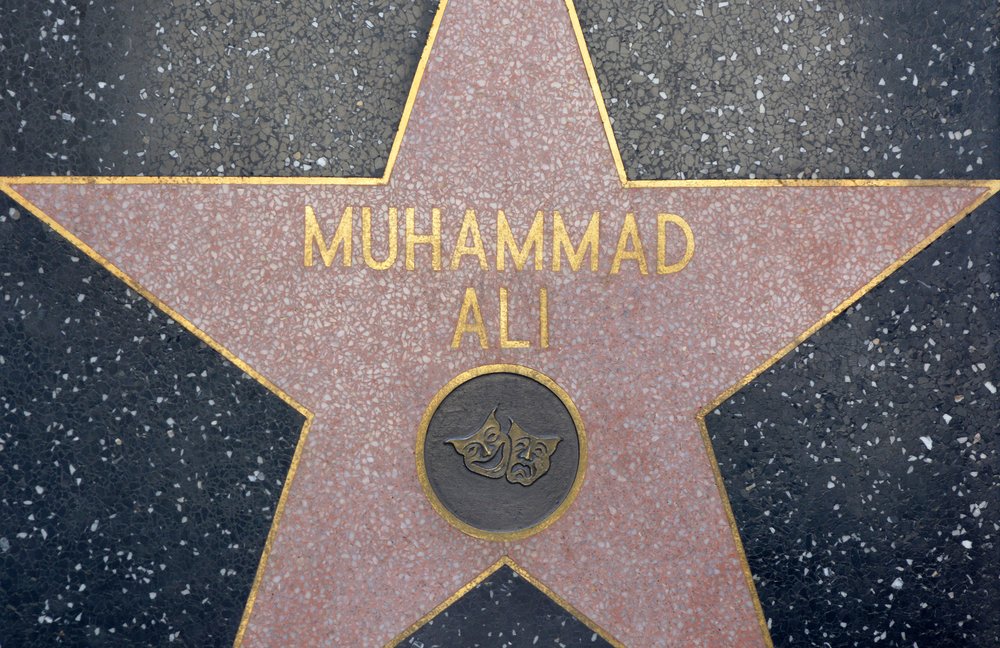Muhammad Ali’s Death Had Huge Impact on Parkinson’s Disease Awareness, Survey Shows
Written by |

Almost half of Americans said in a survey that awareness of Parkinson’s disease has increased in the past year due to Muhammad Ali’s long and inspirational fight against the disease.
The results are from a national survey led by the Muhammad Ali Parkinson Center. The survey, which was conducted so results coincided with the first anniversary of Ali’s death on June 3, 2016, measured the public’s perception of Ali in relation to Parkinson’s.
The total number of answers was 602, collected between April 18-26 this year. The questions targeted adults ages 26 and above, with respondents divided among those under age 35, between 35 and 54, and 55 and older.
The survey found that those under 35 years old are more likely to link Ali’s name to Parkinson’s disease. While most people remember Ali for his unmatched boxing career, over 60 percent of the survey respondents also recall his fight against Parkinson’s over the last 30 years of his life. Ali was diagnosed when he was 42 years old. He lost the battle to the disease when he was 74.
“Parkinson’s is not too common among the younger generation,” Holly Shill, MD, director of the Muhammad Ali Parkinson Center, said in a press release. “This increased awareness is critical to helping the public understand Parkinson’s – and it speaks to the ways Muhammad’s courageous battle with the disease touched millions of people.”
According to the survey, one in three Americans knows someone with Parkinson’s. The Parkinson’s Disease Foundation estimates that over one million Americans have the disease. While the incidence is thought to increase with age, the National Parkinson Foundation reports that young-onset Parkinson’s is increasing. Today, about 2 percent of the one million people with the disease are thought to be below the age of 40.
A highlight of the survey was that respondents said Ali was an inspiration, with “courage in the face of adversity” cited by 49 percent of the respondents as one of his strongest qualities, as well as “refusing to let his illness define him” cited by 45 percent.
“When Muhammad died, I told people, ‘A hundred years from now, no one is going to remember any of us. They’re going to remember Muhammad Ali.’ This survey makes it clear that his memory has spurred greater awareness of Parkinson’s,” said Abraham Lieberman, MD, Ali’s neurologist and one of the founders of the Muhammad Ali Parkinson Center. “While we miss the Champ every day, we can rest assured that he remains at the forefront of the fight against Parkinson’s.”




